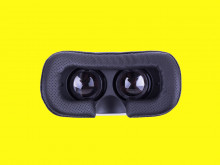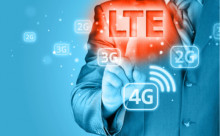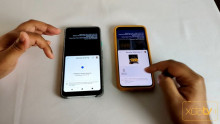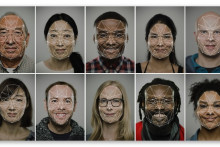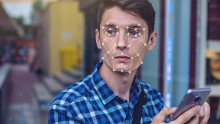VR Is Here to Help With Our New Reality
Yesterday I took an hour-long break from answering emails and staring at boxed-in faces in video calls to follow an abandoned dirt road near Bears Ears, Utah, in a dusty pink twilight. At first hopelessly straight, the road soon twisted and banked through low hills and scrubbed out vegetation. The horizon, speckled with plateaus, sat below a cloudless sky stamped with a perfect view of the Milky Way. Outside, in reality, it was early afternoon under thick San Francisco fog, and I hadn't left the confines of my crowded house in days.














































